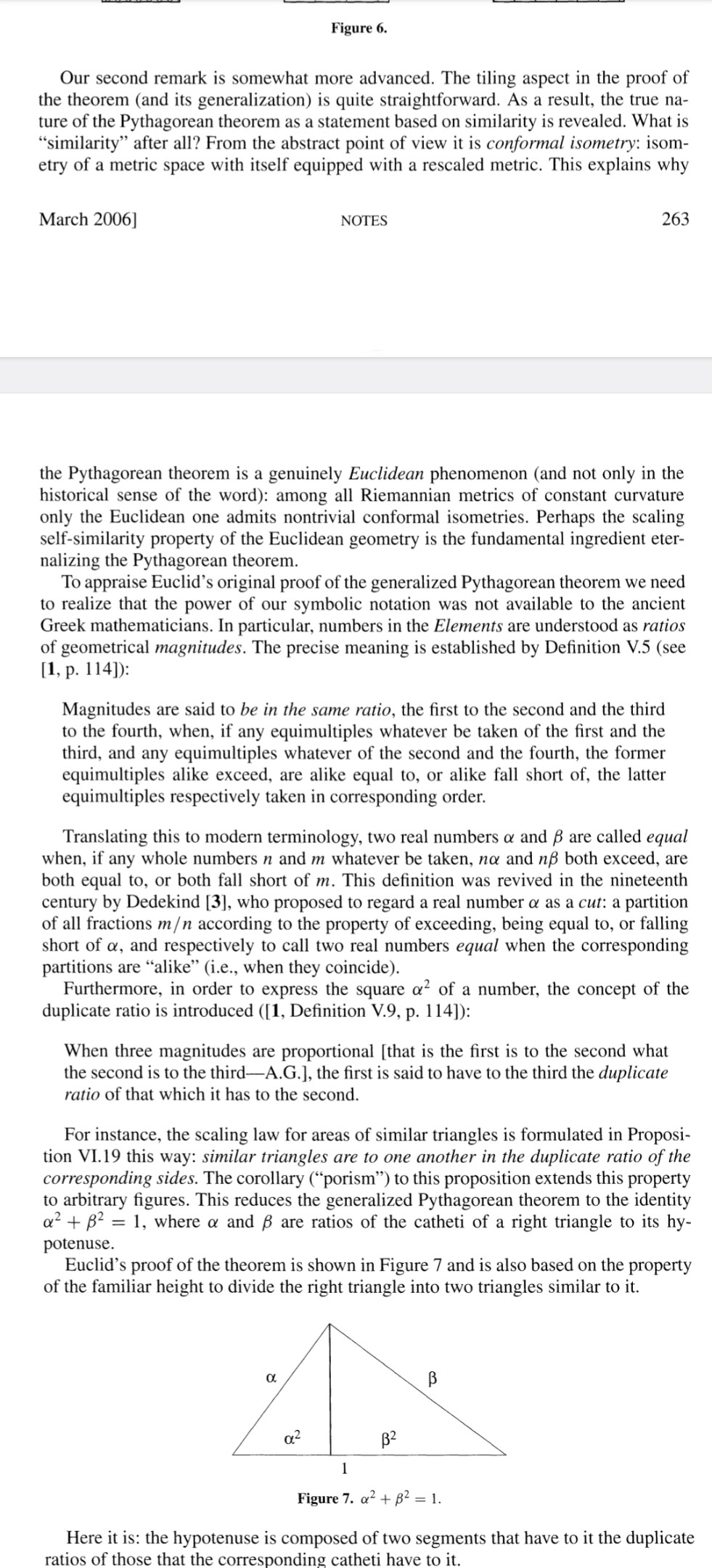I think (see (??) below) there is no connected complete Riemannian manifold $(M,g)$ which is not flat and such that there is an isometry $f:(M,g)\to(M,\lambda^2g)$, where $\lambda\neq0,1$. I will assume $\lambda>1$, if not take the inverse function.
If there were such an isometry $f$, then for any $p\in M$ the sequence $f^np$ would be Cauchy in the Riemannian distance $d_g$, because $d_g(f^n(p),f^{n+1}(p))=\frac{d_g(p,f(p))}{\lambda^n}$.
As $M$ is not flat there are non zero sectional curvatures so we can find a small geodesic triangle $T$ with sum of angles $S\neq\pi$. The sum of angles $S_n$ of the triangle $T_n=f^n(T)$ is just $S_n=S$, because $f$ is conformal. However, if $M$ is complete, then the triangles $T_n$ converge to some point $q$. But $g$-sectional curvatures are bounded in a small neighborhood of $q$, and the diameters of $T_n$ converge to $0$, so $S_n$ should converge to $\pi$, (?? my previous argument had a fallacy I think, I was assuming that a subsurface was totally geodesic. The fact that the sums of angles of geodesic triangles convergent to a fixed point must converge to $\pi$ is probably still true. By the CAT inequalities, using that sectional curvatures are bounded near $q$, one can see that $S_n$ cannot converge to anything above $\pi$, I don't know if there is a similar result to see that they cannot stay below some constant $<\pi$ either).
In the non-complete case there are counterexamples: consider a bump function $f:\mathbb{R}^2\to\mathbb{R}$ which is supported in the ball centered at $(1,0)$ and of radius $0.1$. Now consider the function $g:\mathbb{R}^2\setminus\{0\}\to\mathbb{R}$ given by $g(x)=\sum_{n\in\mathbb{Z}}2^nf\left(\frac{x}{2^n}\right)$.
Then the graph of $g$, as a Riemannian submanifold of $\mathbb{R}^3$, is not flat, but it is invariant by the isometry $f:(\mathbb{R}^3,g)\to(\mathbb{R}^3,g/4);x\mapsto2x$ (where $g$ usual metric of $\mathbb{R}^3$).
In any case, the usual Pythagorean theorem with right triangles cannot always hold if there are non zero sectional curvatures: in the book "Metric spaces of non positive curvature", by Bridson and Haefliger, in the proof of theorem 1A.6, it is mentioned that if $M$ has sectional curvature $\kappa\in\mathbb{R}$ in some plane, then we can find small right triangles with squared sides $\varepsilon^2,\varepsilon^2,2\varepsilon^2-\frac{K}{6}\varepsilon^4+O(\varepsilon^5)$, thus the Pythagorean theorem does not hold.

